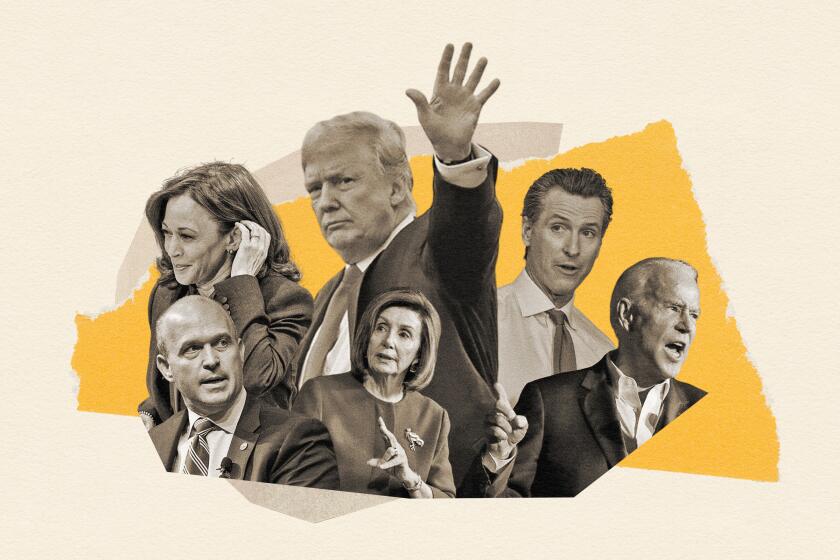Medicare. Drug costs. The fate of the Affordable Care Act.
Healthcare — and who would handle it best — has continued to be contested turf in the final weeks of the presidential campaign. Polls show that Americans have ranked healthcare costs high on the agenda for national leaders.
It’s little surprise, then, that both Vice President Kamala Harris and former President Trump have pledged to bring down the cost of prescription drugs and protect Medicare.
But in a campaign season that has been light on detailed proposals on health policy — which has often taken a back seat to other issues — “you have to look more at their records,” said Larry Levitt, executive vice president for health policy at KFF, an independent health policy research and news organization.
“And if you look at their records, Harris and Trump are polar opposites,” starkly split on the role that government should play in healthcare and the trade-offs surrounding its spending, he said. Trump has focused on cutting government spending, he said, while Harris has emphasized expanding coverage and affordability.
The debate is playing out as the Affordable Care Act, the landmark law passed nearly a decade and a half ago to reshape health coverage, has swelled in public popularity. Harris has taken Trump to task for his repeated attempts to roll back the law, arguing that its protections are at risk if he wins a second term. Trump said he would replace it only if there is a better alternative, but provided little detail about a plan.
In the aftermath of Roe vs. Wade being overturned, Harris has also focused heavily on abortion rights — see another Times guide for more on where the candidates stand on the issue. Trump, in turn, has targeted Harris over expressions of support for gender-affirming care and vowed to stop “COVID mandates,” issues that reverberate on the political right.
Here’s a breakdown of where the candidates stand on key issues.




























